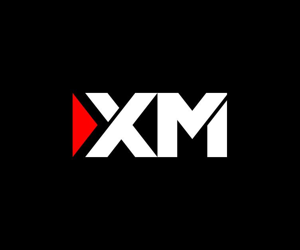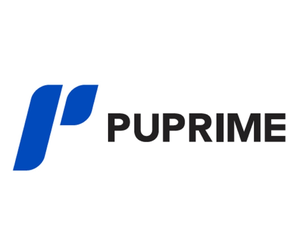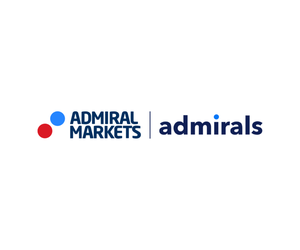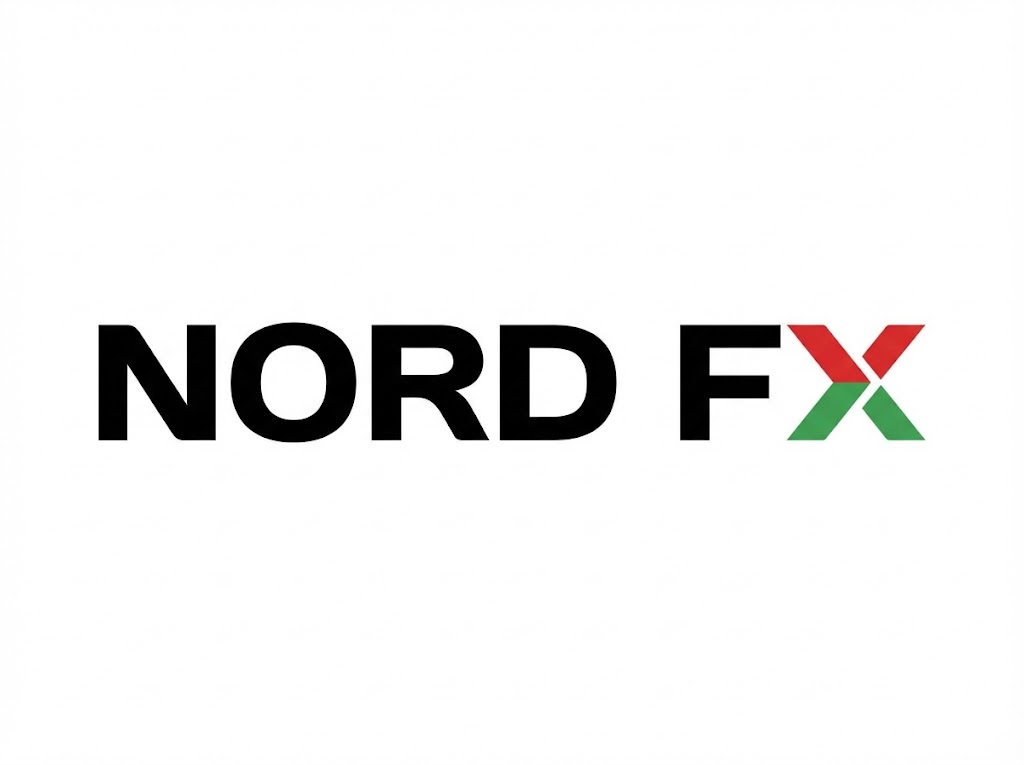In a financial landscape crowded with countless brokers, choosing the right one can feel overwhelming. Traders need a platform that is not just powerful, but also safe and transparent. This review examines Admirals, a global broker that operated for most of its history as Admiral Markets, to determine if its reputation holds up to scrutiny. Founded in 2001, the firm has grown from a regional player into a global financial technology group.
We analyzed its regulatory framework, client protections, and market presence. We also looked at its operational strengths and weaknesses. This deep dive provides a clear, evidence-based assessment for the everyday investor. Based on our comprehensive methodology at TraderVerified.com, which prioritizes safety and transparency, Admirals earns a Silver Standard rating. This classification, which is our own internal assessment, places it among the industry’s reliable brokers, though with noted areas for improvement. This article will explain precisely how we reached that conclusion. It will give you the essential information needed to decide if Admirals is the right partner for your trading journey.
Regulation & Safety: A Multi-Jurisdictional Approach
A broker’s true worth begins with its regulatory credentials. This isn’t just about legal paperwork; it’s the foundation of client protection. Strong regulation ensures your funds are safe and that the broker operates under strict rules of conduct. Admirals has built its regulatory structure by securing licenses in several of the world’s key financial jurisdictions.
The group is based in Estonia; its former Estonian investment firm (Admiral Markets AS) was supervised by EFSA; following a restructuring in 2023, the Estonian license was slated for withdrawal. Its global operations are handled by several subsidiaries, each licensed by a respected national authority. It’s important to understand that the level of protection you receive depends entirely on the specific entity with which you open an account.
Based on the TraderVerified.com methodology, we classify regulators into tiers to reflect differences in investor protection. This tiering is our convention, not an official industry standard.
Key Regulators for Admirals:
- Financial Conduct Authority (FCA) in the United Kingdom. (Admiral Markets UK Ltd, trading as Admirals, FRN: 595450)
- Cyprus Securities and Exchange Commission (CySEC) in Cyprus, providing access to the European Union. (Admirals Cyprus Ltd, License No. 201/13)
We classify the FCA and CySEC as Tier 1 regulators. These agencies are known for their rigorous oversight and strict enforcement. They mandate several critical protections that directly benefit retail traders, such as segregated client funds, which keep your money separate from the company’s.
Notably, Admirals previously held a license with the Australian Securities and Investments Commission (ASIC), another Tier 1 regulator. However, the company sold its Australian subsidiary, which was renamed on January 25, 2025. Therefore, ASIC is no longer a current regulator for the Admirals group.
The protections offered vary significantly by region, as shown below:
| Entity / Regulator | Key Client Protections |
| UK (FCA) | Negative Balance Protection (NBP), leverage caps, segregated funds, and eligibility for the Financial Services Compensation Scheme (FSCS), subject to limits. |
| EU (CySEC) | NBP, ESMA-mandated leverage caps, segregated funds, and coverage under the Investor Compensation Fund (ICF). |
| Jordan (JSC) | Licensed and regulated by the Jordanian Securities Commission. Protections and rules on leverage may differ from the UK/EU. |
| South Africa (FSCA) | Authorized as a Financial Service Provider (FSP) and holds an Over-the-Counter Derivative Provider (ODP) license. |
For traders seeking the highest level of security, opening an account with the FCA or CySEC-regulated entities is the recommended path.
Trader Reputation & Market Presence
A broker’s reputation is built over years of service. With a history stretching back to its founding as Admiral Markets in 2001, the company has had ample time to establish its market presence. An analysis of client feedback and its operational track record reveals a generally positive, though not unblemished, reputation.
On the positive side, feedback often notes Admirals’ robust platform offerings. The broker primarily focuses on the MetaTrader suite (MT4 and MT5), enhancing them with its “MetaTrader Supreme Edition” plugin. This tool adds a host of advanced features, which resonates well with both new and experienced traders. Another frequently highlighted strength is the company’s extensive educational content, including free webinars, articles, and courses.
However, the broker’s regulatory record is not perfect. Public records show that Estonia’s Financial Supervision Authority issued misdemeanour decisions and fines to the parent company in 2021 and 2022 for procedural shortcomings, though some of these were later challenged or partly annulled.
In public reviews, some clients have reported delays in withdrawal processing. While many users report smooth transactions, feedback on this topic is mixed, which is a common theme in the brokerage sector. Overall, the public sentiment toward Admirals appears largely favorable, but traders should be aware of these historical regulatory actions and mixed user experiences.
Strengths & Weaknesses
To provide a clear picture, it helps to summarize the key advantages and disadvantages of using Admirals as a broker.
Strengths
- Top-Tier European Regulation: Holding licenses from the UK’s FCA and Cyprus’ CySEC provides a high level of trust and client fund protection for clients of those entities.
- Excellent Educational Resources: The comprehensive library of free educational materials is a major benefit, especially for beginner and intermediate traders.
- Enhanced MetaTrader Platforms: The “Supreme Edition” plugin for MT4 and MT5 offers valuable tools that give traders a significant edge over the standard platform experience.
- Wide Range of Tradable Instruments: Admirals offers an extensive selection of assets, including forex, indices, commodities, stocks, and ETFs, allowing for diverse trading strategies.
Weaknesses
- Complex Account Structure: With multiple account types offering different commission and spread structures, new traders may find it challenging to select the optimal choice. Traders should consult Admirals’ current terms and fees pages.
- Mixed Reviews on Withdrawal Speeds: A pattern of mixed user reviews regarding withdrawal timeliness suggests this could be an area for operational improvement.
- No Fully Proprietary Desktop Platform: Admirals relies on MetaTrader for its desktop and web experience. While it offers a branded mobile app, traders seeking a unique, custom-built multi-asset platform will need to look elsewhere.
- Inconsistent Global Protections: Protections and product offerings vary significantly depending on which regulatory entity a client signs up with.
Overall Verdict: A Silver Standard Choice for the MetaTrader User
After a thorough evaluation of its regulatory standing, market reputation, and operational capabilities, Admirals is a solid but imperfect broker. It earns a Silver Standard rating under the TraderVerified.com scoring system. This classification is for brokers that are well-regulated and reliable but have specific areas where they fall short of the industry’s best.
Admirals is particularly well-suited for two main types of traders. First are beginners who are serious about learning. The combination of strong European regulation and a vast library of educational content creates a supportive environment for those just starting out.
Second are experienced MetaTrader users. Traders who are already comfortable with MT4 or MT5 will appreciate the stability and enhanced features provided by the Supreme Edition plugin. The competitive spreads and broad instrument selection make it a robust choice for executing complex strategies.
In the broader market, Admirals competes with other multi-regulated brokers. It’s important to note that firms like IG or Saxo Bank focus on developing proprietary platforms, while Admirals specializes in optimizing the MetaTrader experience. The choice between these models comes down to trader preference. For anyone seeking a reliable and well-equipped MetaTrader broker, Admirals is a strong contender.
Expert Review Notes (Staff Insight)
- A History of Compliance Gaps: The company’s strategic vision is offset by a history of regulatory issues. The fines and misdemeanour decisions from its home regulator in Estonia, even if partly contested, raise questions about the robustness of its internal compliance culture. These are not minor footnotes; they are indicators of past operational weaknesses that warrant caution.
- Client Confusion is a Real Risk: The rebranding from Admiral Markets to Admirals was meant to simplify its image, but the underlying multi-entity structure remains a source of potential confusion. It creates a significant risk that less-informed traders may unknowingly sign up with an entity that offers weaker protections than the top-tier FCA or CySEC licenses. This lack of clarity feels like a missed opportunity to prioritize transparency.
- Reactive vs. Proactive: While the company has made positive strategic moves, its posture often appears more reactive than proactive, particularly concerning regulatory compliance and operational transparency. For a broker of its size and age, a more mature and forward-thinking approach to risk management and client communication is expected.








